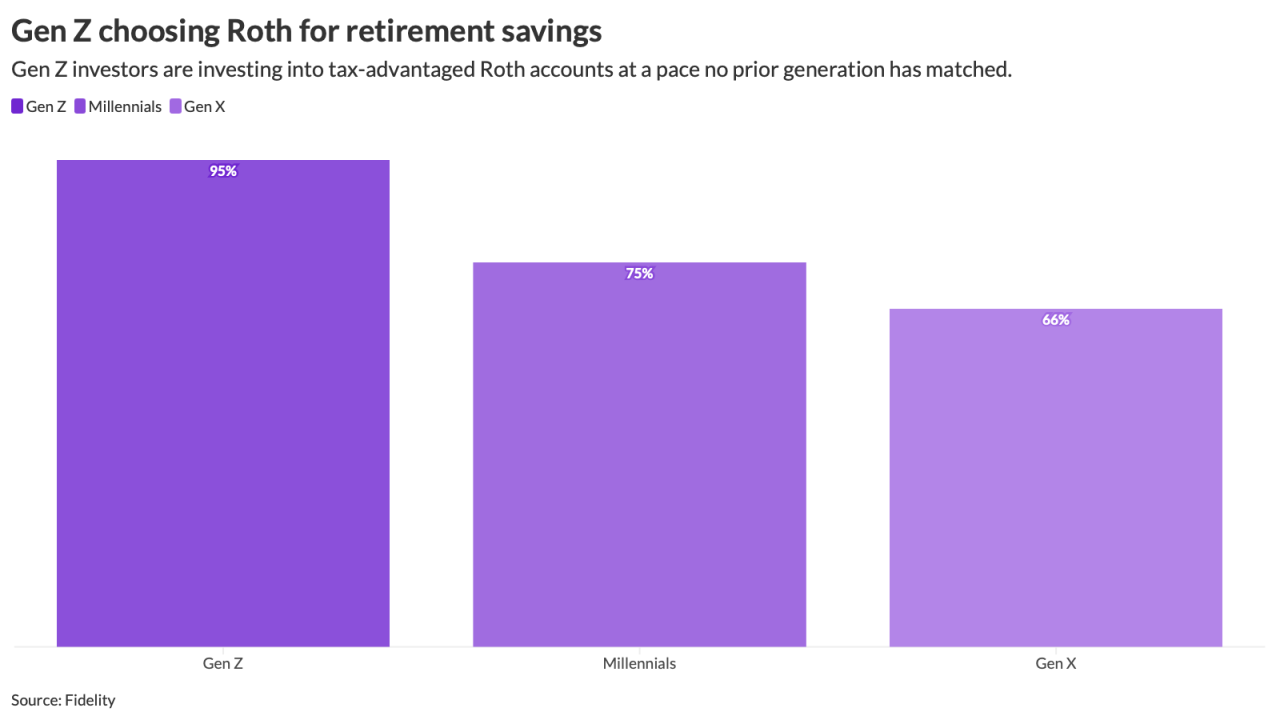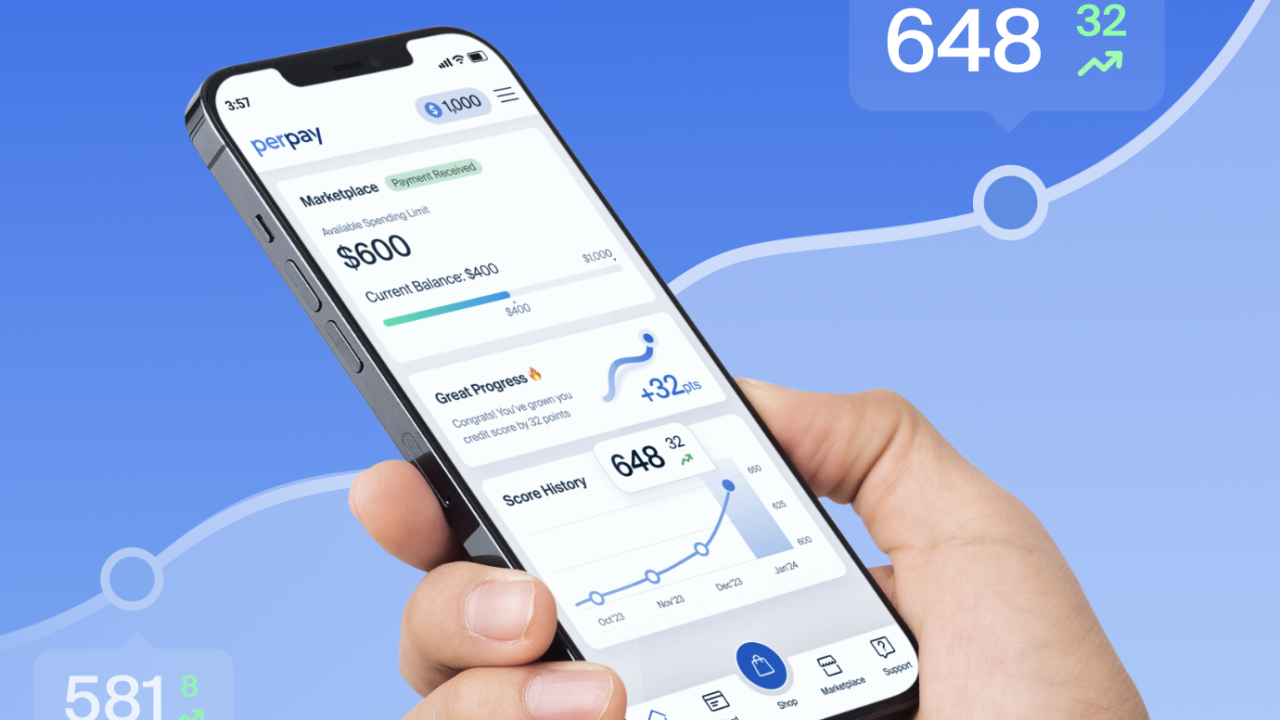Technology to the modern workforce is like the moon to the earth: If something is out of alignment, things can go wrong very quickly.
For this reason, high-functioning, high-touch IT support has gone from an office convenience to a
"Technology helps attract top talent and keeps employees productive," says John Stamer, vice president and GM or global product services at Lenovo. "During the pandemic I interviewed an applicant, and noticed on his resume that he had been with his current company for about three months. I asked, 'Why are you already looking for a new job?' One of the things he said was, 'I got a box with my PC, and it was a five or six-year-old laptop. I booted it up and it barely ran. I knew right from the start that I was frustrated and this isn't a company I want to be part of.'"
Read more:
It is with this employee reaction in mind that, in addition to good equipment, employers should search for
"Even with high-quality assets and technology, things happen," Stamer says. "CIOs and IT leaders are being pulled in many directions. How do we give them peace of mind and allow them to focus on more strategic areas? [A] comprehensive support solution [that] takes a lot of offerings and puts them together, and on top of that, adds an AI element to it.
Read more:
Lenovo's data shows that when it comes to meeting various IT needs, 81% of employees say they prefer a combination of AI and human interaction. Layered on top of Lenovo's program are engineer managers who work directly with a company's internal IT leaders to find the best tech options for their particular workforce, and consistently analyze their tech tools to replace or repair problem areas.
"The comfort level in efficiency and effectiveness will continue to improve from an AI perspective, but accommodation is important," says Stamer. "The human element is not just a security blanket. AI is very good at predicting, especially around certain components like hard drive and battery life, but that human element can get into more of those one-off kinds of situations that AI may not be able to pick up on. People trust AI to a point, but they still want to have somebody to talk to if they're not getting the answers they need."
Read more:
Companies with strong employee experience are 25% more profitable than those with a weak employee experience, according to research from MIT. Their data also shows that a highly positive experience leads to twice the level of innovation and double the customer satisfaction. As employers seek to retain talent and
"We don't know what the next thing is going to be; we went from everybody in the office to everybody at home and now employees are demanding a hybrid environment," Stamer says. "Most companies don't have technicians they can send to everywhere in the U.S. where people are sitting. You don't have to predict the future with this [IT support] model, because it's highly flexible — it's really future-proofing."






